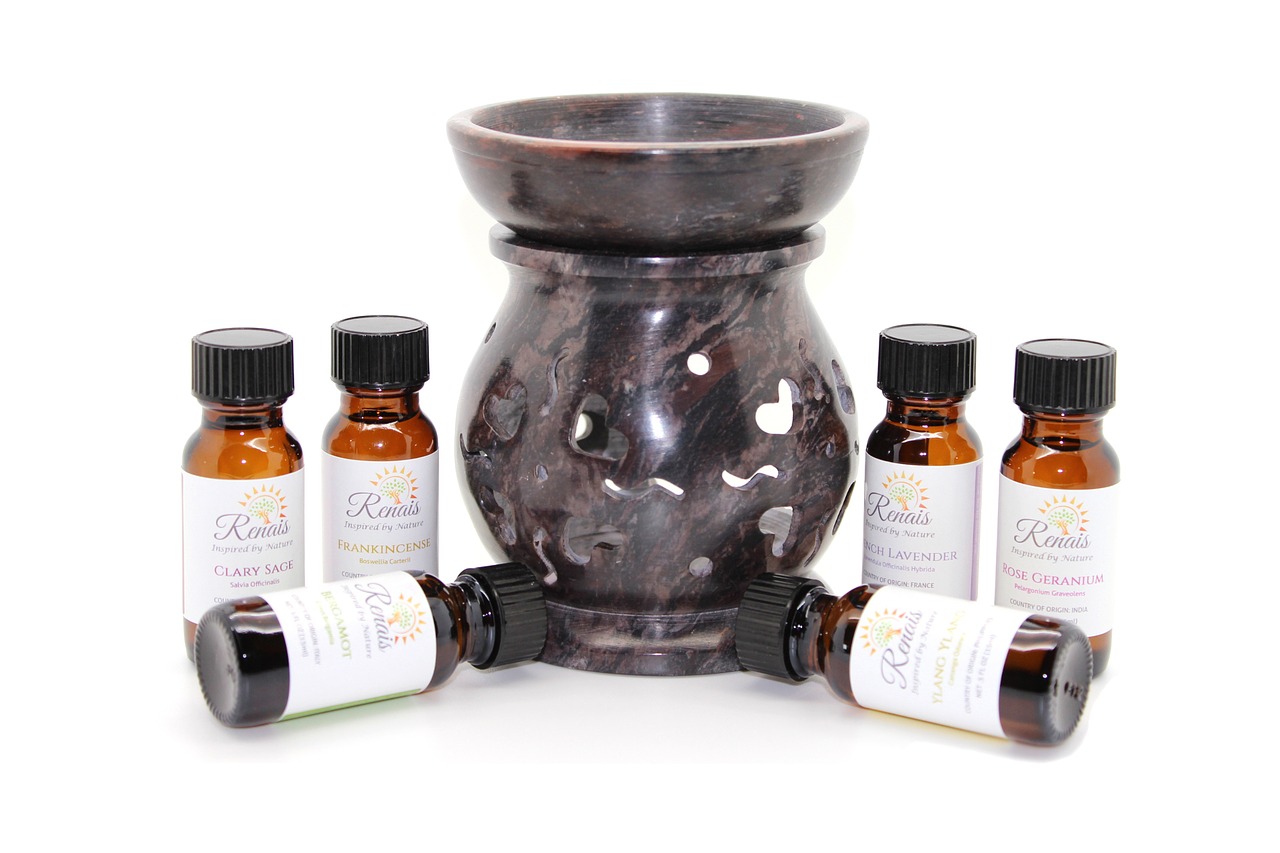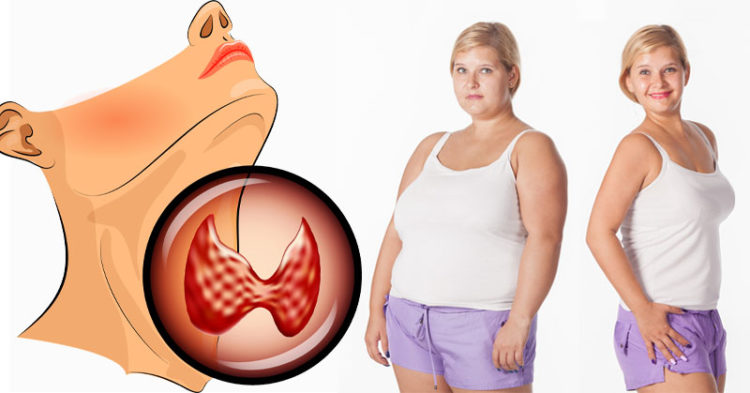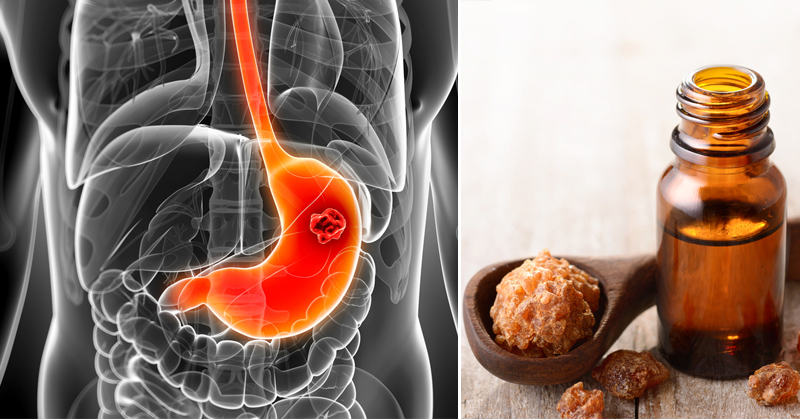Myrrh oil offers several fantastic health benefits. For example, it’s often used to slow down signs of aging, as it soothes cracked and dry skin. Myrrh oil, though, is perhaps most commonly known for its use in embalming. (1) Along the same vein, you may have heard of myrrh due to its mention in the Bible, as one of the three gifts the magi brought for baby Jesus. Myrrh was used for several reasons in biblical times, including purification of the dead, a natural healing method, and as a common spice. And myrrh, as well as myrrh oil still have practical uses today, as does another magi gift, frankincense. You can learn more about the benefits of using myrrh essential oil by reading the section below.
Myrrh is what’s called a resin, which is a sap-like substance. It comes from the Commiphora myrrha tree commonly found in Africa and the Middle East. Botanically speaking, it’s related to frankincense, and it is one of the most used essential oils worldwide. To harvest the resin, the trunk of the tree must be cut. From there, the resin is distilled in order to produce the essential oil. Myrrh itself and the essential oil has a smoky sweet, though sometimes bitter fragrance. In fact, the word “myrrh” itself comes from the Arabic word “murr”, meaning “bitter.” But there is so much that this bitter, potent essential oil can do for your health! Let’s take a lookk.
Here are 9 uses and benefits of myrrh oil:
1. Anti-Aging
As it has antioxidant properties, myrrh oil is a wonderful way to slow aging naturally. It’s also great for general skin rejuvenation and for healing wounds. (2)
Myrrh is one of those essential oils that can be a little rough on the skin. Therefore, it’s best to mix it with a carrier oil before applying it topically. Examples of carrier oils include, jojoba, almond, or coconut oil. Alternatively, mix it with an unscented lotion. You can also combine it with frankincense essential oil, as well as a carrier oil, to make an ultimate age-defying concoction.
2. Fights Infection and Inflammation
Myrrh oil has many healing properties. Add a few drops of it to a cold compress and apply it directly to any infected or inflamed area for relief. Not only is myrrh oil antibacterial and anti-fungal, it also helps bring down swelling and inflammation. (3) Using it with a cold compress will further combat swelling, as cold and ice naturally reduces inflammation.
3. Air Freshener

Myrrh essential oil, when blended with other essential oils, makes a great natural perfume. For example, it blends well with citrus oil, such as bergamot, grapefruit or lemon. The brighter note in these help lighten up myrrh’s intense fragrance. (4) As it is a more powerful smell, be sure to use a smaller amount of myrrh drops as compared to the amount of other essential oils used. For example, you may want to start with just 4 drops of myrrh and 10 or so drops of bergamot. If citrus isn’t your thing, consider trying mixing myrrh with vanilla or cedar essential oils, instead.
4. Relief for Upper Respiratory Problems
It can be a pain, trying to find a cold remedy that actually works. Cough medicines and throat lozenges rarely seem to do what they promise. However, myrrh oil just might do the trick. This is because it works great as an expectorant. You can use it to relieve congestion and help reduce phlegm. (5)
Diffuse it or inhale it straight from the bottle to help relieve your cold symptoms.
5. Decrease in Digestive Problems

Another good use for myrrh is to help relieve tummy troubles. This include upset stomach, diarrhea, and ingestion. Furthermore, myrrh oil can help kill off a parasite called fascioliasis. (6)
6. Helps Prevent Gum Disease
As it has anti-inflammatory and antibacterial properties, myrrh can be used to treat gingivitis and mouth ulcers. It’s also used as a mouth rinse and to freshen breath. In fact, it’s a common ingredient in mouthwash and natural toothpaste. (7)
For a DIY mouthwash, start with 1.5 cups of filtered water. Add a teaspoon of pink Himalayan salt. Then add two drops of each of the following essential oils: myrrh, clove, cinnamon and peppermint. Shake up all the ingredients in a glass bottle. As with any mouthwash, take care to not swallow large amounts of this mixture.
7. Helps Treat Hypothyroidism
Myrrh is a natural remedy for hypothyroidism. As it helps reduce stress, it can also help decrease stress on an overworked thyroid. Put 2-3 drops daily directly onto the thyroid area to help decrease symptoms. (8)

8. May Help Treat Skin Cancer
Myrrh is being studied for its potential anti-cancer benefits. And researchers have found it’s beneficial, in particular, for treating skin cancer. (9) If you’ve been diagnosed with skin cancer, consider supplementing traditional treatments with myrrh essential oil.
Apply a few drops per day directly on to the location of the cancer. Just be sure you test a small area first.
9. Helps Heal Ulcers
Myrrh oil has the ability to increase the function of white blood cells. And as white blood cells are critical for healing, this is significant. One study from 2010 found myrrh essential oil decreases the incidences of stomach ulcers and improves their healing time. The study was published in the Journal of Immunotoxicology. (10)
Word of Caution
If you’re using myrrh oil for the first time, be sure to test a small area on your skin, first. Doing this will allow you to watch for any possible allergic reaction. If any adverse reaction occurs, discontinue use. When used topically, myrrh oil is best used diluted with a carrier oil. Some essential oils are gentle enough to use undiluted in small amounts, but myrrh is more of an aggressive and potent essential oil. Furthermore, even diluted, you should only use myrrh oil in small amounts on the skin. A rash may appear with topical use. Internal use may result in diarrhea. Large internal doses of this essential oil may be unsafe and could lead to kidney irritation and changes in heart rate.


